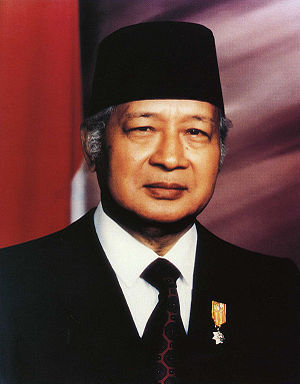
Cargando...
Que podo facer?
226305 materialEducativo
textoFiltroFichatipo de documento Artigo de Wikipedia President
Sobre este recurso...


Mira un ejemplo de lo que te pierdes
Categorías:
Etiquetas:
Fecha publicación: 22.9.2014
Queres comentar? Rexístrate ou inicia sesión
Engadir a Didactalia Arrastra el botón a la barra de marcadores del navegador y comparte tus contenidos preferidos. Más info...
Comentar
0